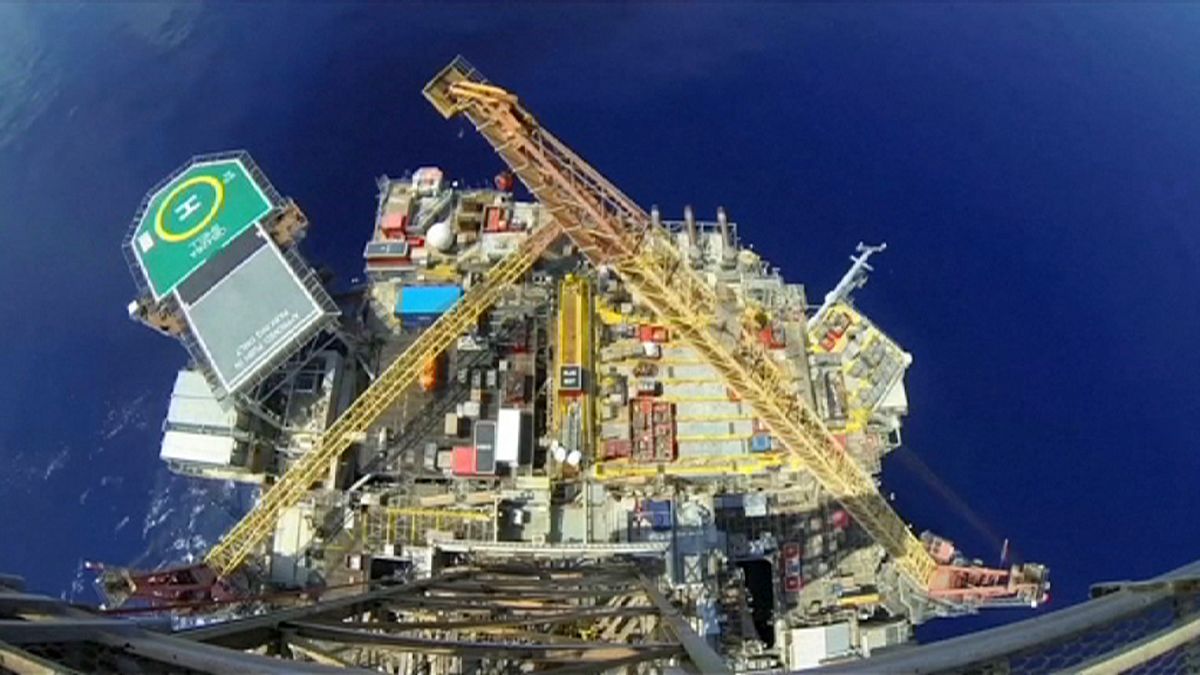Royal Dutch Shell has reported its lowest annual income in at least 13 years. There were also depressed numbers from Norway's biggest energy company Statoil as well as ConocoPhillips.
Royal Dutch Shell has reported its lowest annual income in at least 13 years. It fell 87 percent to $1.94 billion (1.73 billion euros), in line with analysts’ estimates.
That fact that it was not worse than anticipated meant Shell’s share rose 5.47 percent.
Europe’s largest oil company said it would take further steps in response to the slump in oil prices.
Planned 2016 capital investment for new combined Shell-BG expected to be $33bn, down 45% from 2013 peak combined spending #ShellResults
— Shell (@Shell) 4 fevereiro 2016
It is already cutting nearly 10,000 jobs and sold almost five billion euros worth of assets last year.
Shell has scrapped multi-billion projects over the past year to weather the downturn, including its controversial exploration programme in the Alaskan Arctic Sea, the Bab sour gas field in Abu Dhabi and the Carmon Creek oil sands project in Canada.
Linked to that reduced spending due to low crude prices, Shell said it depleted its reserves of oil and gas much faster than it replenished them found new sources last year. It is counting to the purchase of BG Group to help it increase oil and gas production.
Shell’s fourth quarter profits were down by 44 percent, but that is nowhere near as bad as BP which saw its profits collapse by 91 percent.
Jeremy Stretch, Head of FX Strategy at CIBC said: “In a sense we’re seeing this reflection of the lower oil price hitting a number of the companies in the commodities sector and particularly oil. We’ve seen that reflected in BP’s earnings earlier in the week and again we’re seeing that here. So I think in a sense we should be and have been expecting some pretty downbeat results and expectations, so I think in that context we need to mindful that we have already discounting a lot of the bad news. I think it may well be the case over the median run, if the oil price does show signs of recovery in the second half of the year, that the degree of negativity that we’re pricing into some of these earnings and price income ratios at this particular juncture may well prove to be a little excessive.”
And they continue to come, with Norway’s biggest energy company, Statoil, revealing fourth-quarter adjusted profit down 63 percent on Thursday, as ConocoPhillips reported a $3.5 billion (3.12 billion euros) quarterly loss and cut its shareholder dividend for the first time in at least 25 years.
Global crude oil prices have dropped about 70 percent from their 2014 high of over $100 barrel, eroding profitability at nearly all oil producers and limiting their ability to award shareholders cash.



